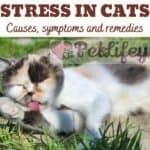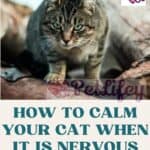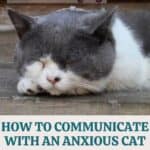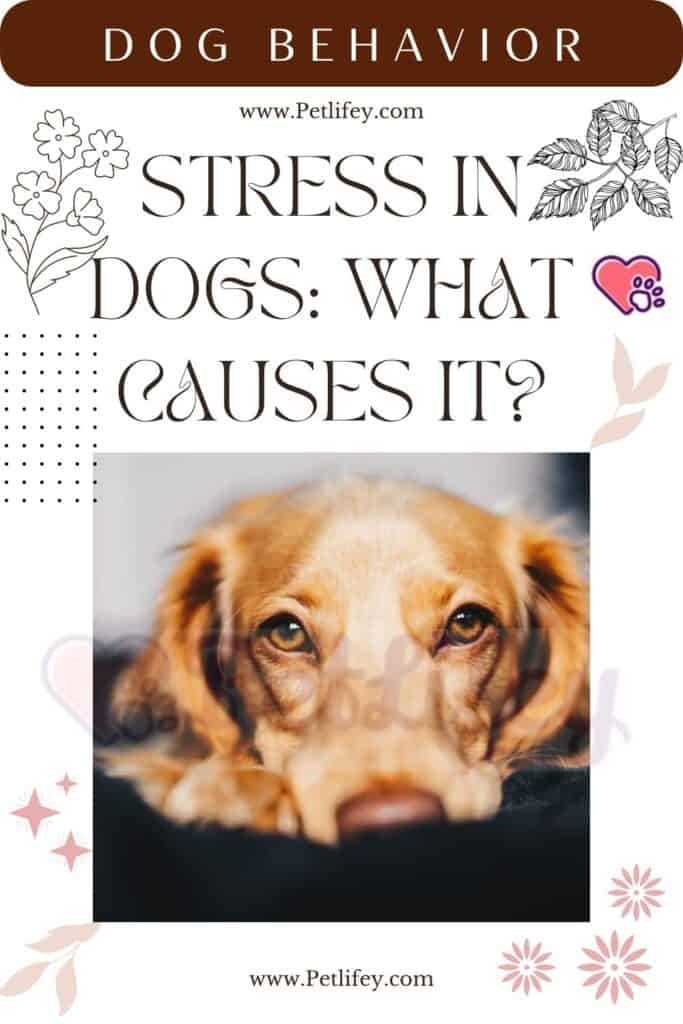
Dogs can suffer from the same ailments as humans. Noise pollution, the frenetic rhythms of daily life, long periods of absence of the owner, are some elements of modernity that negatively affect animals. In fact, it is increasingly common to come across cases of stress in dogs.
The factors that trigger a stressful condition in dogs can be environmental, social, or internal, for example linked to some pathology. To control your dog’s stress level, it is necessary to identify the causes that originate it. Today we will talk about some factors that generate stress in dogs :
Loud noises
Did you know that December is the month when the most pets are lost? During the holidays, especially at Christmas, the stress level of animals increases. The first cause of this increase are obviously the fireworks, but don’t forget that in these periods people travel more, receive visitors, etc. For the dog these are all possible adverse situations or that represent a potential danger for them. Obviously the response to such circumstances varies from individual to individual. There are many dogs that, for example, tolerate loud noises very well. A high tolerance of the dog to noises, in this case, it depends on the education that was imparted to them and on how the owner behaved when the dog had to cope with a potentially stressful circumstance.
Loud noises, whistles, pops, etc. can give rise to panic attacks in dogs. Dogs do not associate a certain noise (such as a firecracker) with something familiar. Furthermore, we must not forget that their hearing is very sensitive so it is very likely that an unexpected noise will frighten them.
However, you, as the owner, can take some small steps that will make your dog tolerate the noise better. For example, on holidays, stand next to them during the fireworks. Remember to reward them for their good behavior only at the end when it is calm. The best thing is to expose your dog to these potentially stressful situations, right from a puppy. As an adult, it will be better able to control their fears.
Separation anxiety
The separation anxiety is the distress that testing an animal, or a person, when it is separated from the people he holds dear. It is a disorder that can negatively affect a dog’s quality of life and health. It is a distressing response to separation that leads the dog to bark or howl, urinate, destroy furniture and carpets or dig, etc.
This behavioral disorder mainly affects dogs that are victims of abuse or neglect. You don’t have to throw in the towel because through a good education you can remedy this unpleasant situation. Try to leave the dog alone for a few minutes, you will gradually increase the amount of time. Remember that you cannot leave your dog alone for a long time out of the blue.
If you can afford it, adopt another animal. It is possible that they keep each other company. If you notice that the anxiety episodes are severe, consult a professional educator who will be able to advise you on how to control the situation.
A tense environment
Dogs are expert interpreters of the master’s body language. They immediately understand if something is wrong and suffer from it. The dog does not live well in a tense environment. Arguments, violence, noises are all stressors.
Changes in the surrounding environment can also be stressful circumstances. A move, for example, means that the dog has to get used to a new space, new smells, other objects, etc.
Visit to the vet
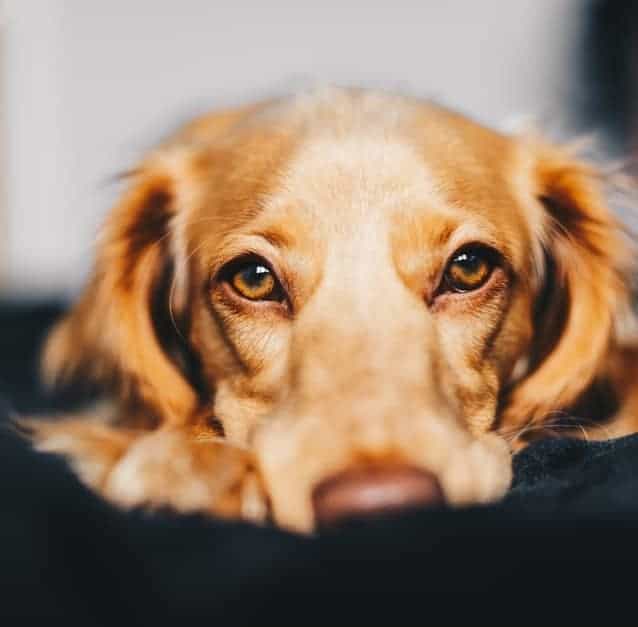
The vet for dogs is like the dentist for children. Dogs associate a visit to the vet with something unpleasant or even pain. Finding himself in an almost unknown environment, surrounded by other animals, nervous in turn, are things that frighten them. It is the fear of what it does not know.
If your dog is calm during the visit to the vet, you should give them a treat, but don’t pet them when it is overly nervous. You will be sorry not to cuddle them, but it’s the only way to reinforce positive behavior.


